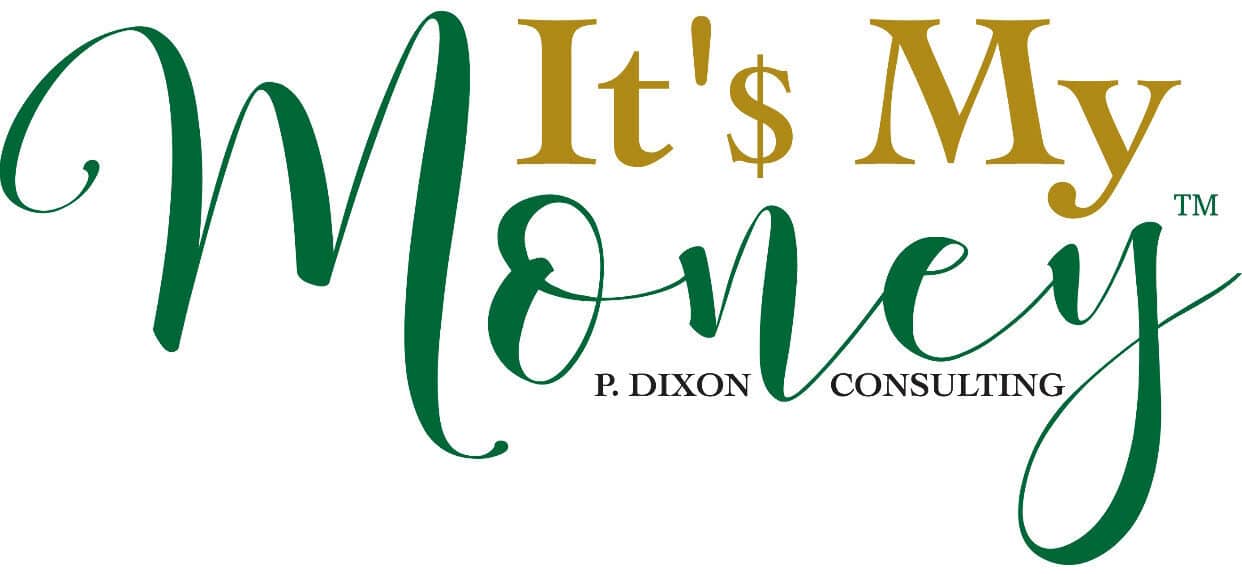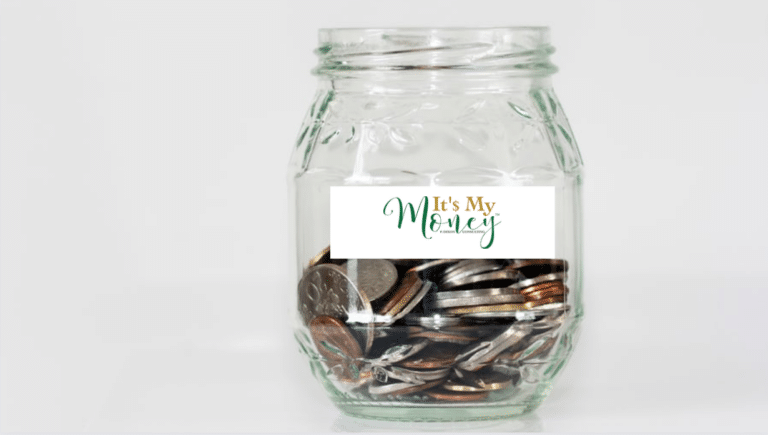3 Reasons Why You Need an Emergency Fund
This post may contain affiliate links. For more info read my disclosure.
April is financial literacy month, and I’m committed to sharing the basics with you this month! Often times when I host sessions for clients, businesses, or individuals I always begin with the basics as a way for people to understand the true baseline of financial literacy and education. A topic I get asked about quite a bit is emergency funds!
Life is filled with unknowns and you never know when you might be hit with an emergency – either you or your family. It’s important to be prepared where you can so that you don’t face emotional and mental stress when and if an emergency occurs.
Types of Emergency Funds
Everyone’s needs may be different. One individual might have a family of 4 and another individual might be single and living on their own. Consider your own current situation and interpret specific risks you may have within your life that could result in an “emergency”. Here are a few:
- General Emergency Fund: This fund covers a wide range of unexpected expenses, such as medical emergencies, job loss, or major home repairs.
- Car Repair Fund: Set aside money specifically for car-related emergencies, such as repairs, maintenance, or unexpected breakdowns. This fund can help cover the cost of repairs without impacting your general emergency fund.
- Home Maintenance Fund: Allocate funds for home-related expenses, including repairs, maintenance, or appliance replacements. Having a separate fund for home maintenance ensures you’re prepared for unexpected household repairs.
- Healthcare Fund: Save for out-of-pocket healthcare expenses not covered by insurance, such as deductibles, copayments, or elective procedures. This fund can also cover unexpected medical bills or prescription costs.
- Travel Fund: Create a fund for travel-related emergencies, such as last-minute trips due to family emergencies or unexpected travel expenses. Having a separate travel fund allows you to enjoy vacations without dipping into your general emergency fund.
- Pet Emergency Fund: If you have pets, set aside money for veterinary expenses or unexpected medical treatments. Having a pet emergency fund ensures you can provide necessary care for your furry friends without financial stress.
- Education Fund: Save for education-related emergencies, such as tuition increases, unexpected school expenses, or continuing education opportunities. This fund can also cover costs associated with career development or training programs.
- Technology Fund: Save for unexpected technology expenses, such as computer repairs, smartphone replacements, or software upgrades. Having a separate fund for technology emergencies ensures you can stay connected and productive.
- Home Security Fund: Allocate funds for home security upgrades, such as alarm systems, surveillance cameras, or reinforced locks. Having a separate fund for home security ensures you can protect your property and loved ones without impacting your general emergency fund.
- Childcare Fund: Save for unexpected childcare expenses, such as babysitting services, daycare fees, or emergency childcare arrangements. This fund can provide financial support during times when regular childcare arrangements are unavailable.
Want to calculate your emergency funds? Click here!
Benefits of Having an Emergency Fund
Having an emergency fund may seem realistic for some, especially in the age when individuals are scared of losing their money so spending habits are increasing. There are many benefits to planning ahead, regardless of your current financial situation!
Financial Security:
An emergency fund serves as a safety net to cover unexpected expenses or financial emergencies, such as medical bills, car repairs, or home repairs. Having readily available cash means you won’t have to rely on high-interest credit cards, loans, or borrowing from friends or family in times of crisis.
Avoiding Debt:
By having an emergency fund, you can avoid debt when unexpected expenses arise. Instead of relying on credit cards or loans to cover emergencies, you can use your savings while also avoiding interest charges and debt repayment burdens.
Physical and Emotional Wellbeing:
Knowing that you have a financial cushion in place can alleviate stress and anxiety related to unexpected expenses. Having an emergency fund provides peace of mind, knowing that you’re prepared to handle whatever financial challenges come your way.
Starting your Emergency Fund(s)
Now that you understand why you need an emergency fund, how do you start one? Depending on the amount and commitment you are willing to put into these emergency funds- it may look different from person to person. Consider what is convenient for you and also what your goals are!
High-Yield Saving Accounts
Many online banks offer high-yield savings accounts with competitive interest rates and low fees. These accounts are easily accessible, FDIC-insured, and typically offer convenient online banking features. Consider checking nerdwallet.com for more information or check out Ally– an HYSA I often recommend.
Money-Saving Envelopes
I will often advise to not save a large sum of money in an envelope, in a shoe box, or in your night stand because of the risk of a house fire, robbery or other risk. If you are starting off small, consider using envelopes to begin the habit. As soon as you have a few hundred dollars, consider holding it at a bank or credit union OR in a fire-proof safe in your residency.
Certificate of Deposit (CD)
Certificates of deposit offer fixed interest rates and maturity dates, making them a safe and stable option for long-term savings. While CDs typically have penalties for early withdrawal, they can be part of a diversified emergency fund strategy. It’s also important to note that they are a great option for shorter term (but no present-day) saving needs. For example, your travel fund may be something that will be used within 5 years for a big getaway. A CD is a great option for that.
Conclusion
Having an emergency fund is vital during this economic climate, as you can never be too prepared for anything. Consider the above ways to begin, reasons to start and grab inspiration from what others may be starting within their own emergency funds. Happy saving!







